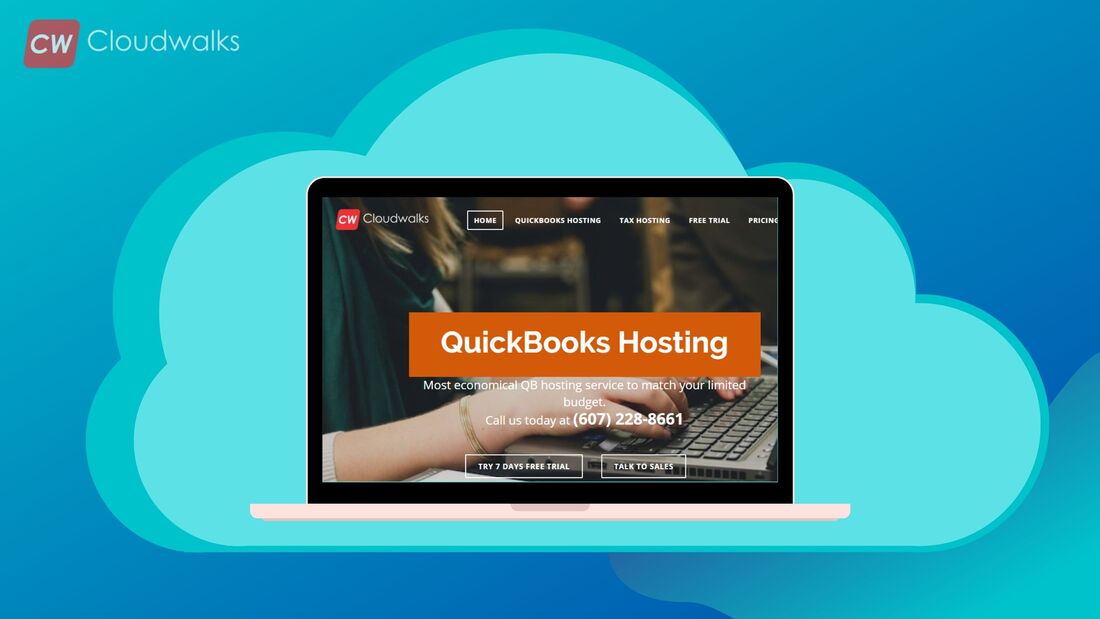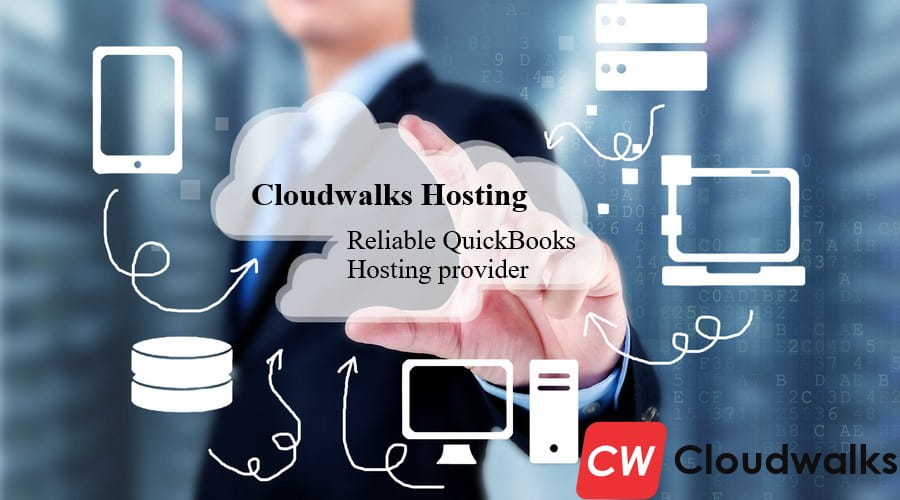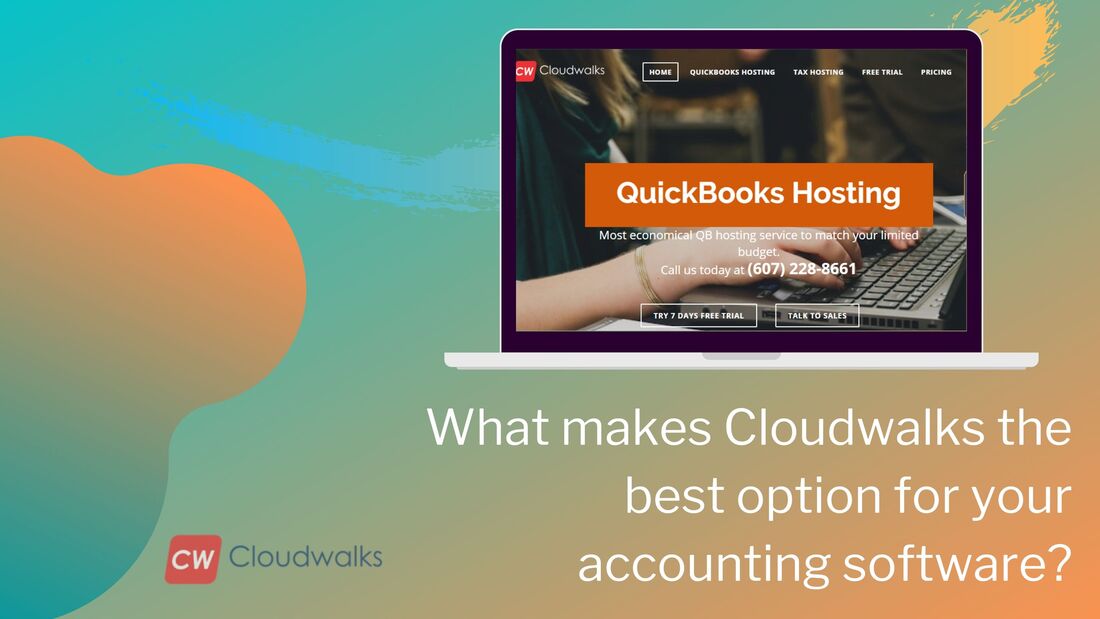|
With all businesses trying to move away from the traditional human accounting system, more firms are adopting cloud-hosted QuickBooks services. Who would want to miss out on the flexibility, efficiency, and real value that cloud-hosted QuickBooks services provide? Once a firm decides to take on the cloud hosting services, the question of whether to go for public or private cloud hosting emerges. Of course, there can be very inspiring pros that would drive the firm's choice either way. However, either of the options seems to work perfectly for some particular types of firms. If your business is contemplating whether to choose private or public cloud hosting, we give an in-depth analysis of both options. We aim to help your business decide which would be their best choice. What is private hosting? Private hosting provides dedicated hosting services to a particular firm. In other words, a single firm gets to enjoy its hosting services entirely without sharing. This type of hosting offers a cloud platform that is more secured and gives more control over access to data. To choose a private cloud hosting service is to opt for a dedicated server with hardware from the 3rd party's cloud hosting platform. It is better for a business that relies heavily on data security to opt for private cloud hosting. Firms such as pharmacies, legal houses, personal record firms, and the likes will get more from private hosting. The pros of private hosting Improved SecurityGenerally, private cloud hosting platforms are less susceptible to hacking and other data security issues. This is partly because the private cloud platform is run by only one admin. The admin takes full responsibility for granting access to others when necessary. Using a single admin makes file coordination more efficient and improves flexibility when using cloud-based services. Better ReliabilitySince only one admin manages the private hosting platform, there is no confusion about who to call when cloud hosting needs arise. It is also much easier for the firm to have the admin take actions when necessary to improve the quality of services derived from the host services. Better optimization and scalabilitySince only on admin is in charge of the platform, optimizations processes would be easily coordinated. There will be no need to wait on other people's input before the optimization is effected. As companies grow, so do their needs for more and better cloud hosting services expands. A private hosting platform grows with the company to accommodate its need. As the data and hardware increase, faster and more efficient cloud hosting services will be needed to keep up with the pace of the growing business. Private hosting helps to ensure that data efficiency and improved cloud hosting services are not sacrificed for the growth of the business. Cons of private hosting Cost: Private hosting services come at a high cost. Since cloud infrastructure is not shared, any firm that chooses this option must be ready to bear its full cost. What is public hosting? Public hosting allows organizations to share cloud host platforms and services to reduce the cost. Public cloud hosting seeks to take advantage of cloud-based services without having to pay so much for it. To use public hosted QuickBooks accounting software successfully, firms require technical and both financial advice from experts. Pros of public hostingLower CostNothing else screams as loud as the low cost on the list of advantages of public hosting. The cost of hardware, setup, and maintenance are greatly reduced. Cons of public hosting Security IssuesThe major problem with the public cloud hosting platform is that it is more susceptible to security issues. Weak security could lead to data loss which may cost the company lots of money and effort to retrieve such data. To firms whose data are the soul of their business, a weak security issue could mark the end of the business. Data Control HitchesData control efforts on the private host is predictable. Data control on the public host is quite unpredictable. This may lead to a considerable loss of the time when data needs to be retrieved or stored. The time wasted in the process may translate to the problems for the firm. A good example is staggering investors' trust in the firms' data management process. Compliance IssuesWhen using a private host, the service provider tailor all their services to suit your firm's unique needs. A public host brings together more firms and would normally lay down a few guidelines to guide every firm hosted on the server. These rules may be necessary for the general benefit of all firms who share the server. What happens, when one of such rules impedes the growth of a particular firm? It becomes relatively harder for the affected firm to comply with the rules. As such the affected firm or firms may start flouting the rules. If compliance is not closely monitored by the hosting company, the situation may get out of hand. The outcome could have negative impacts on all users of the shared server. Limited ScalabilityAs the business grows, there will be a need to manage more data. Public hosted platforms offer a relatively lower degree of scalability when compared with the private host cloud platform. Once the data space limit of the shared server is almost exhausted, the company begins to consider options for expansion. In the long run, there may be a need to transfer from public to private hosting to solve the company's problem. This may translate to the extra cost of moving files and data. There is also the risk of losing important data during transfer. Which is the best? Private or public? When we consider the pros and cons of both options, we find there is a "no cap fits all" answer to this question. Your small firm may have just enough resources to go for public hosting. Also if your company data does not weigh too much in your business operations, opting for public hosting can be nice. Private hosting should be the best option for a firm to which data security and integrity is paramount.
Whatever your QuickBooks cloud hosting needs are, we at Cloudwalks are here to help you get the best for your business.
0 Comments
Your comment will be posted after it is approved.
Leave a Reply. |
Most useful blogs |
Hosted Applications |
Tax Hosting Services |
Accounting Applications |
ContactAddress
Cloudwalks Hosting, Inc. 40 Exchange Place, Suite 1602 New York, NY 10005 |


 RSS Feed
RSS Feed




